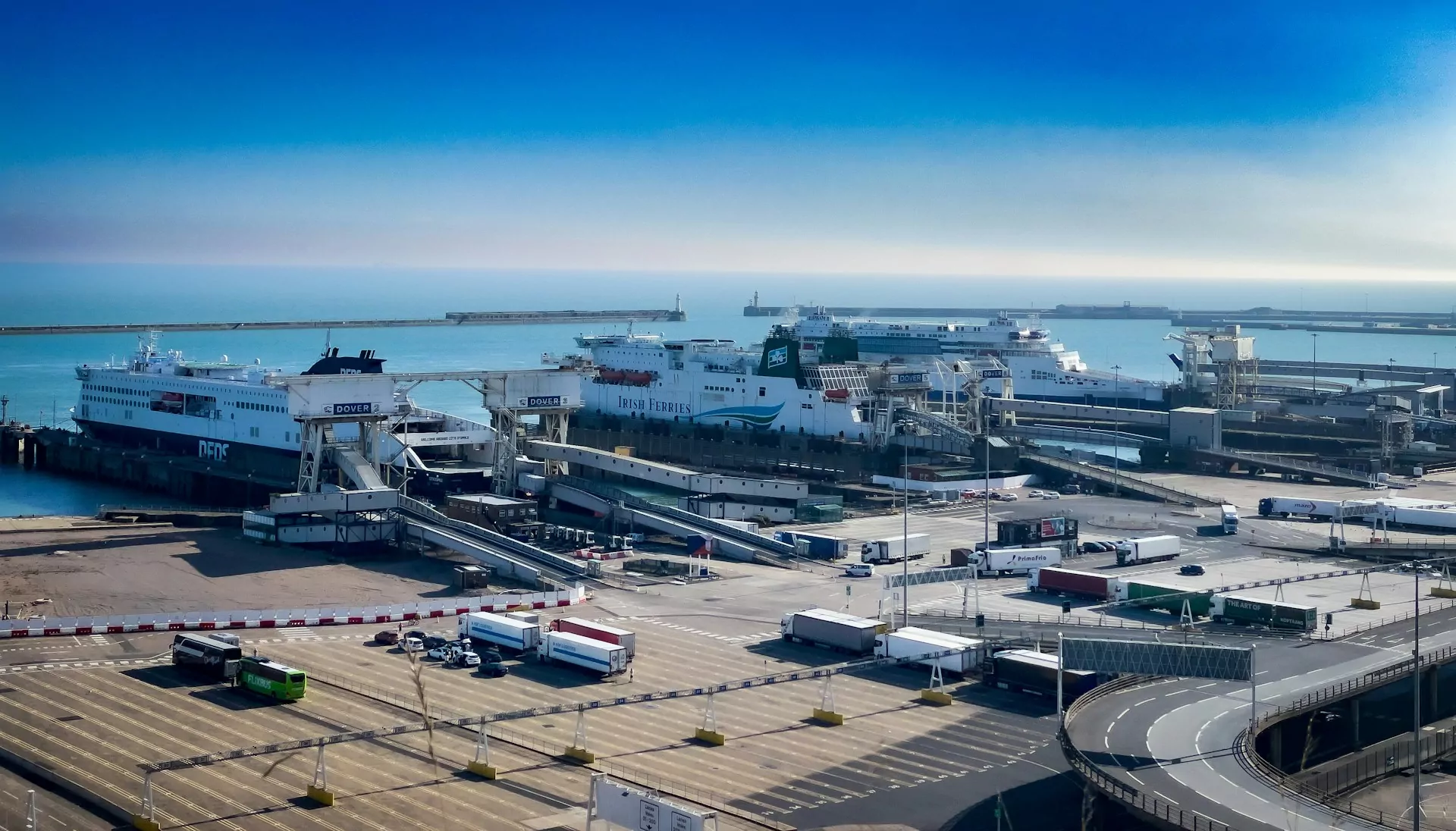France Enacts Minimum Wage Law for Ferry Operators

French legislation now mandates that cross-English Channel ferry operators ensure their employees receive a minimum wage of €11.65 (US$12.65) per hour, after the law, known as the “Against Social-Dumping On The English Channel,” was enacted on March 19, as reported by The Guardian and ITV News.
- Cross-English Channel ferry operators refer to companies that provide ferry services for passengers and cargo transportation across the English Channel, connecting ports in England and France.
- “Social dumping” denotes the act of substituting current personnel with international workers who receive inferior compensation and working conditions.
This measure aims to prevent the exploitation of seafarers and is a response to actions taken by P&O Ferries two years ago, when the company replaced seafarers with contract workers who received wages significantly below the French and UK minimum wage.
In the incident, which took place in March 2022, P&O sacked 800 workers and replaced them with international agency workers, reportedly earning hourly rates as low as €5.68 (US$6.16), as per reports.
Legal loopholes were exploited by P&O, which exempted maritime workers employed by overseas agencies and working on foreign-registered ships in international waters from receiving the minimum wage.
French Legislation Highlights:
- The new regulation was signed into law by Herve Berville, French Minister of State for Marine Affairs and Biodiversity, and unanimously passed by the Assemblée Nationale (National Assembly), highlighting the necessity of governmental intervention to safeguard workers’ rights.
- French ports, which are broadly state-owned, are expected to deny entry to vessels and impose fines in accordance with the new legislation in cases of inadequate pay.
- The legislation would be applicable to all companies operating cross-Channel routes, including those connecting Dover to Calais and Poole to Cherbourg, applying the highest minimum wage.
- The law also addresses the issue of excessively long shifts, disallowing crew members from working for longer than two consecutive weeks without being granted a day off.
- A three-month period has been granted to operators to align their practices with the new requirements.
- Following this grace period, any operators found in violation will be subject to a daily fine of €88,583 (US$96,182), with the penalty being divided between UK and French authorities.
- Continued violations will incur fines of up to €7,500 (US$8144) per crew member for the ferry company, along with potential fines and a maximum prison sentence of six months for executives.
- While P&O Ferries and Irish Ferries have yet to fully respond to the new French law, Brittany Ferries has welcomed the legislation upon its introduction in 2023, emphasising the need to prevent the proliferation of low-wage models on ferry routes.
The UK’s Seafarers’ Wages Act:
- The UK government has been strongly criticised by unions for not taking action about P&O Ferries’ treatment of workers
- In June 2024, the UK’s Seafarers’ Wages Act will come into effect, mandating that ferry workers are paid the UK minimum wage in UK waters, irrespective of the ship’s flag.
- As per the UK act, ports should not impose a surcharge that is cheaper to pay than providing seafarers with a fair wage.
- Concerns from unions linger about enforcement of the new UK legislation, as it places the responsibility on ports to request wage declarations from each ship and to levy surcharges or deny harbour access in cases of inadequate pay.
- UK ports are managed by diverse entities. For instance, DP World, which owns P&O Ferries, oversees Southampton and London Gateway. Portsmouth City Council administers its port, while Dover operates under its own harbour board, whose members are appointed by the Department of Transport.
- The UK Act doesn’t address shift lengths and rest periods directly, leaving those matters to voluntary provisions outlined in the Seafarers’ Charter.



